Electric Lady Janelle Monaé is sizzling on the cover of EBONY Magazine.
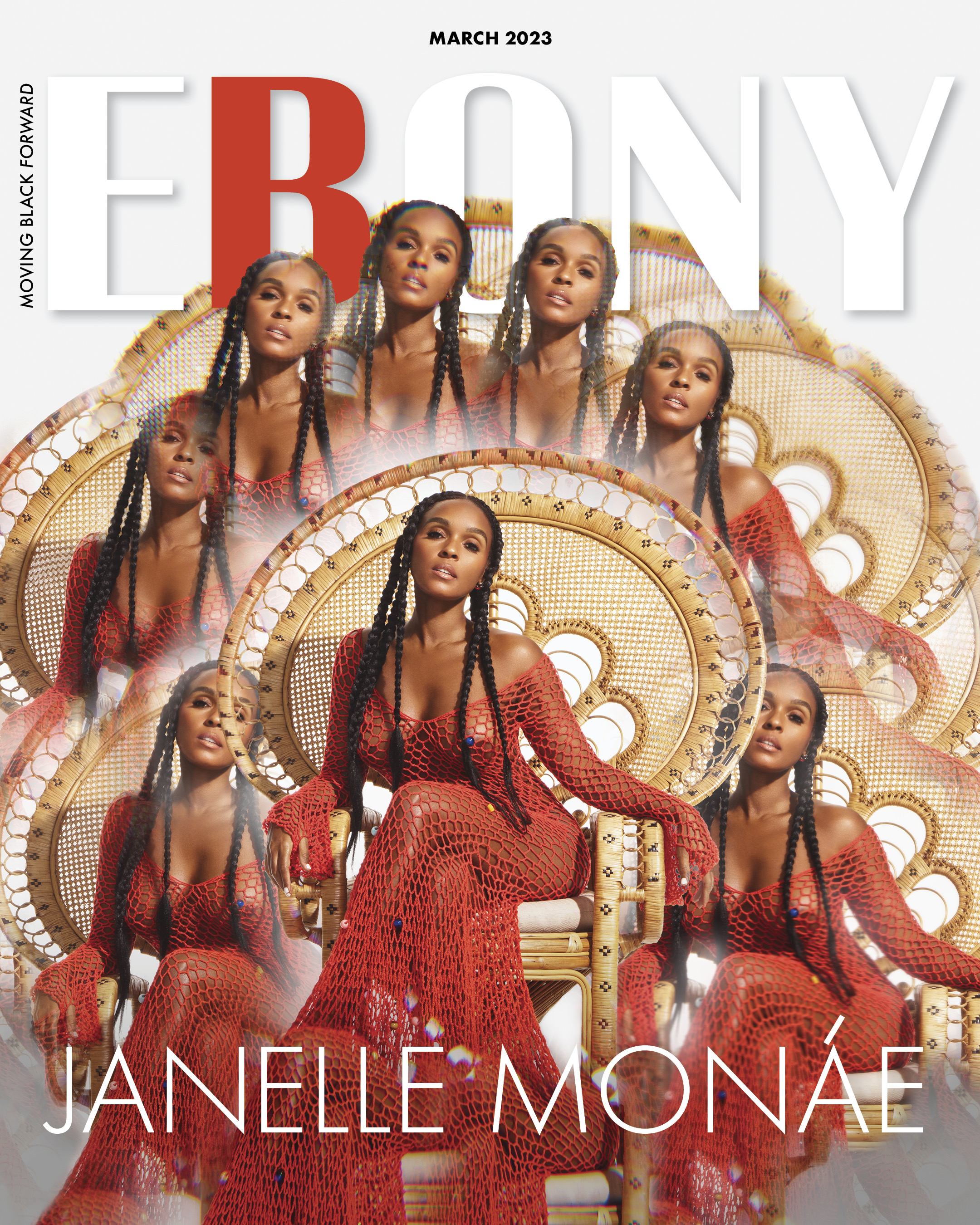
Source: Keith Majors for EBONY Media Group
The star whose pronouns are “free-ass motherf—” and they/them, her/she, had an in-depth convo with writer Tre’vell Anderson about her newfound freedom, her return to music, and her fashion evolution.
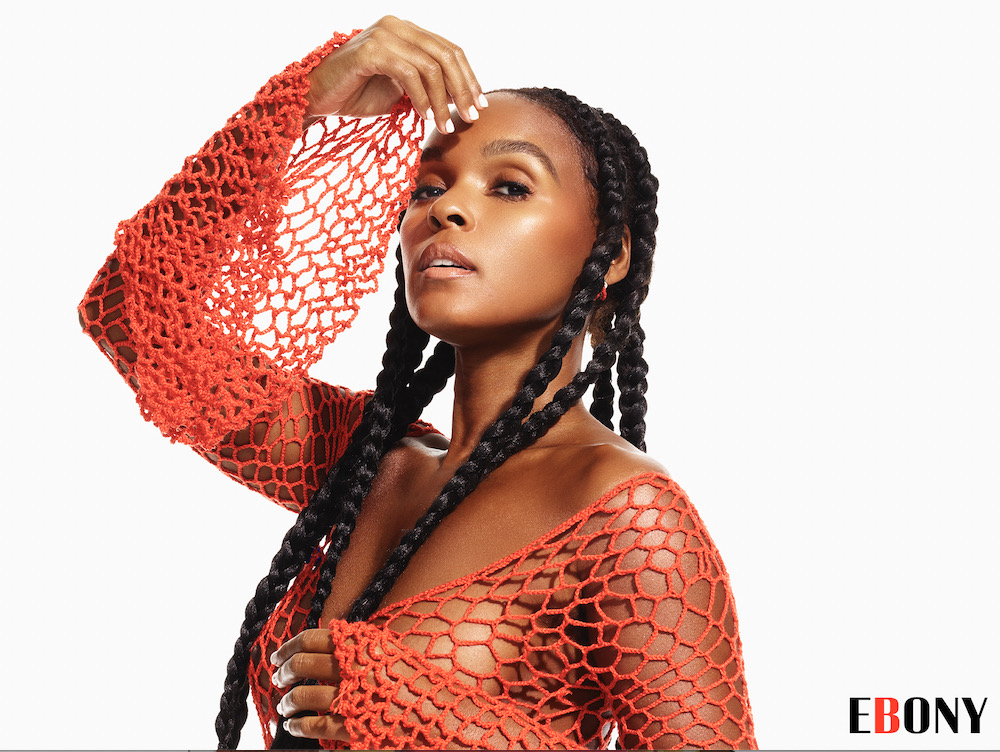
Source: Keith Majors for EBONY Media Group
In recent weeks Monae’s made headlines for responding to a fan who remarked that she traded in her trademark “Monopoly man” suits for sexier ensembles.
According to Monaé, her current curve accentuating style is because she’s in her “soft girl era.”
“I will admit, I am in my — what do they call it? — “soft girl” era, perhaps,” she told EBONY. “That’s where I am.”
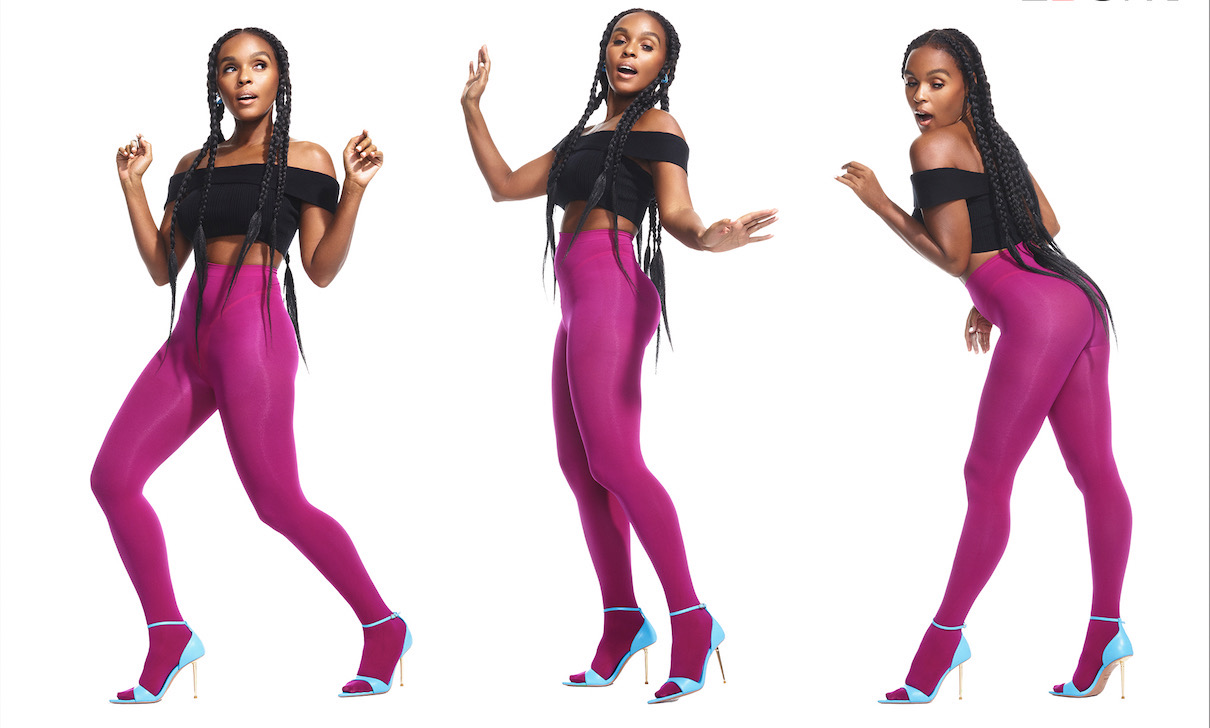
Source: Keith Majors for EBONY Media Group
We’re not mad about soft girl era Janelle Monaé AT ALL.
See more excerpts from her EBONY Magazine story below.
On coming out as nonbinary and pansexual intersecting with the work, the music, and the moment she’s in
It’s made me more free in the way that I create music and how I even live my life. My music ascends or elevates or evolves, because I evolve. If I’m not growing, if I’m not evolving, that’ll show. I wouldn’t have been able to make a song like “Float” without reimagining who I can be, getting rid of certain systems that don’t serve me well. Living my life in a binary [sic] isn’t sustainable to my creativity. So it allowed me to question everything, and because I did that, that opened up freer space that allowed me to discover something new about who I can be and how I can say it and how I can do it.
On talking to Black folks about the space that she’s in identity-wise and creatively
I think that it’s a wonderful conversation that we’re having, and I’m so happy we can have it with our people, with EBONY. I don’t think there’s anything new about Black folks identifying as nonbinary. I think that maybe the language has shifted, but we can see throughout history who was living their lives as freeassmuthafuckas and who did not conform to gender norms. We can see that.
For me, we have to keep having the conversation. We do. It’s so important, because our next generations of people who are having these conversations at school or around their circles, they need to be able to be as educated as they possibly can and not speak out of ignorance, out of not knowing. There’s always going to be some sort of campaign that is anti-nonbinary, anti-trans, anti-Black. Because as we know, Black folks, we are not monolithic. And I’ve been saying this since the beginning of my career: We are not all the same. We all hold different views. We all come from different walks of life. And there are some things that we have in common and some things we just don’t.
But what I love is that, by being Black, we can at least lend each other an ear, or that’s my hope. I could be naive thinking that way, but I have felt real community in the Black community, even if others have been just ignorant or chose to be hateful. That’s not everybody. For the folks who are purposefully trying to erase nonbinary or trans folks, it’s not my job to keep educating you. I will continue to stand with nonbinary and trans folks in my community, in my family, and fight back against that.
On coming back to and focusing on music amid her acting career
Well, I move according to my soul clock. I never give myself pressure to be on a cycle to release music. Because, again, I like to be a bit more evolved before I put out music. I don’t ever want to say the same thing twice. That is boring to me. It also is disrespectful to my own evolution and why I’ve been put here and what I feel like I’ve been put here to do. So I waited until I had something to say. I’m actually thankful that I went to shoot Glass Onion, because I kind of got plucked, in a sense, into a different world, which—it’s all storytelling to me. Whenever I go shoot something, I get hungrier about music. It’s so interesting. I’m so locked in on the role and the film that by the time it’s time to leave, I can’t wait. Like, “Ah, now I know what I want to say in music!” So it all helps. It’s like an ecosystem that really helps the music side.
Source: Keith Majors for EBONY Media Group
On her fashion evolution that went from black-and-white tuxedos to “more color, more skin, and more sexy”
I will admit, I am in my — what do they call it? — “soft girl” era, perhaps. That’s where I am. Just even my thoughts around feminine versus masculine, being nonbinary, I see everything. I know that it’s a spectrum. So I like to deal with energy in terms of softness and hardness. I think that perhaps, prior, there was a need to protect myself through fashion. The suit for me was my superhero [suit]. Obviously, I had my reasons for wearing it: my parents.
[Monáe has said she wore it as an homage to the uniforms of working-class people. Her mother worked as a janitor and a maid; her father worked as a truck driver.]
And I think right now I’m honoring the Janelle Monáe that is right here, right now. That looks a little bit more soft. Agency has always been a throughline. Whether I’m in a suit or whether I’m in a dress or whether I’m naked, it’s always about my decision. So I’m giving myself permission to be a little more soft and to explore different sides of my energy.
Source: Keith Majors for EBONY Media Group
On her journey coming into freedom
I always say freedom ain’t free, meaning you still have to deprogram yourself. We’re working in a world where the first response to queerness, or to trans, or to nonbinary is to question its existence or if it’s real, because [people have] been taught heteronormative ways of living. Traditional gender roles are what we see mostly in the media. It’s still shocking when a celebrity comes out as gay. We still live in that kind of world. We live in a world where they’re creating laws that even take out us talking about slavery, that take out us talking about LGBTQIA+ communities—like, literal erasure of our existence is continuing to happen. As upsetting as that is, I try not to allow that part of the world to make me hard, to make me cold, to make me evil. I have to actively give myself mantras and call my therapist about it, talk to people in my community. Community, for us, is everything. To peacefully deal with those sorts of obstacles and find joy, steal joy—it takes daily practice.
Read more of Janelle Monaés EBONY cover story here.
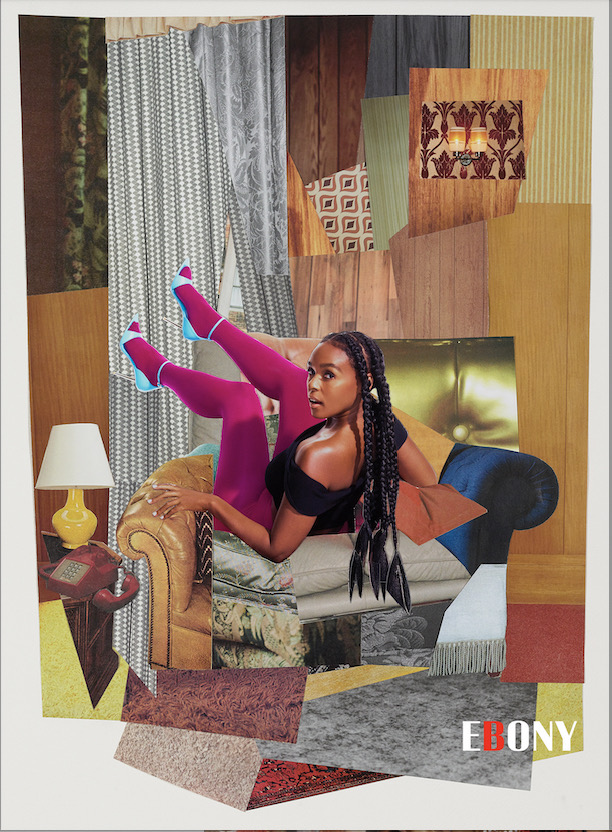
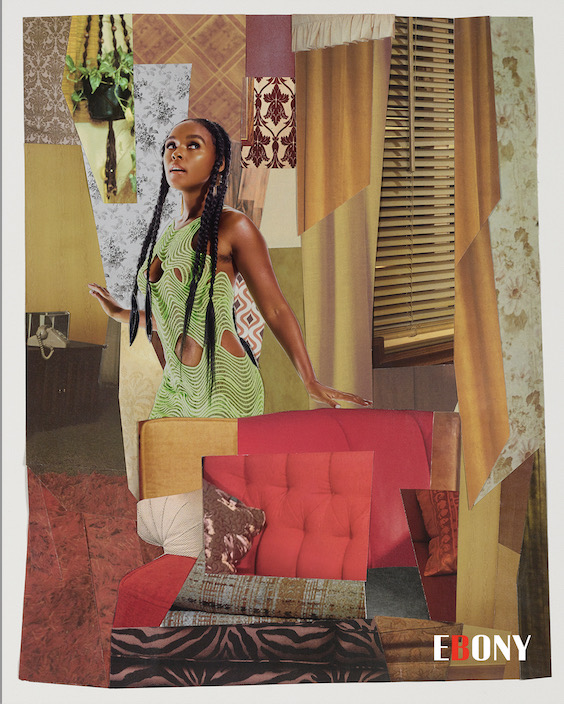








Comments
Bossip Comment Policy
Please read our Comment Policy before commenting.